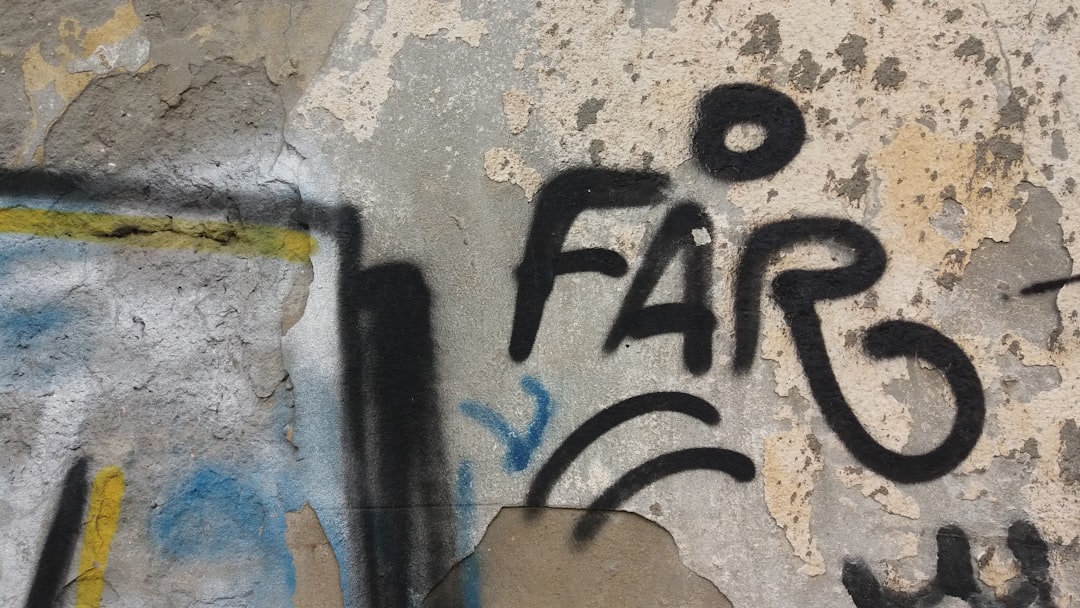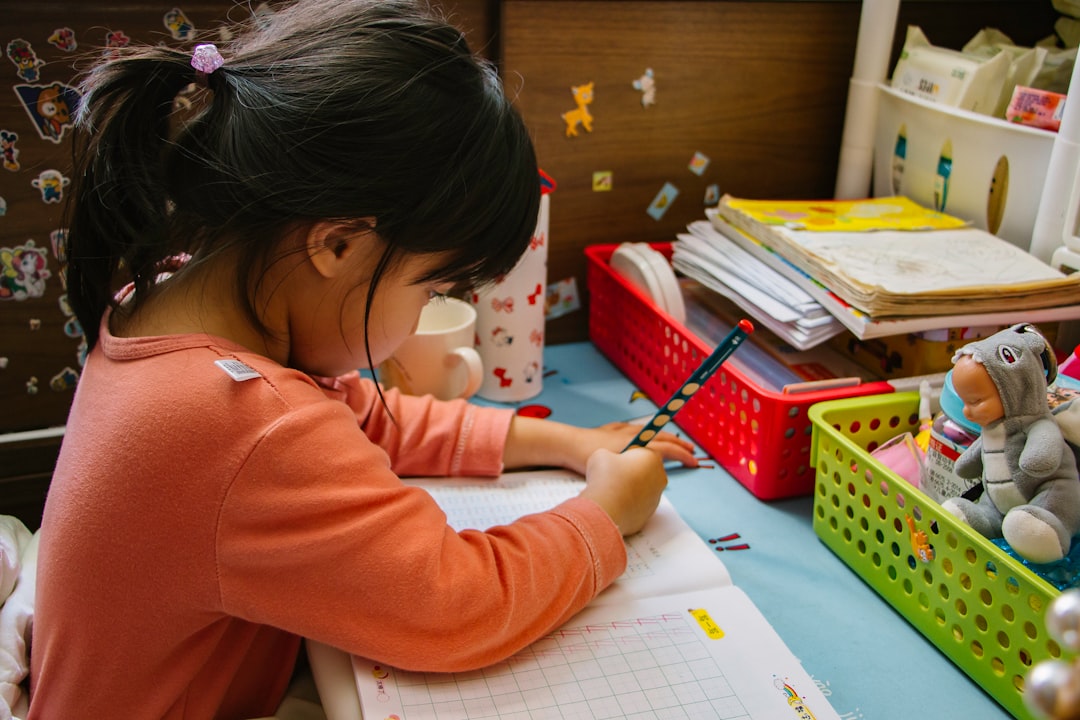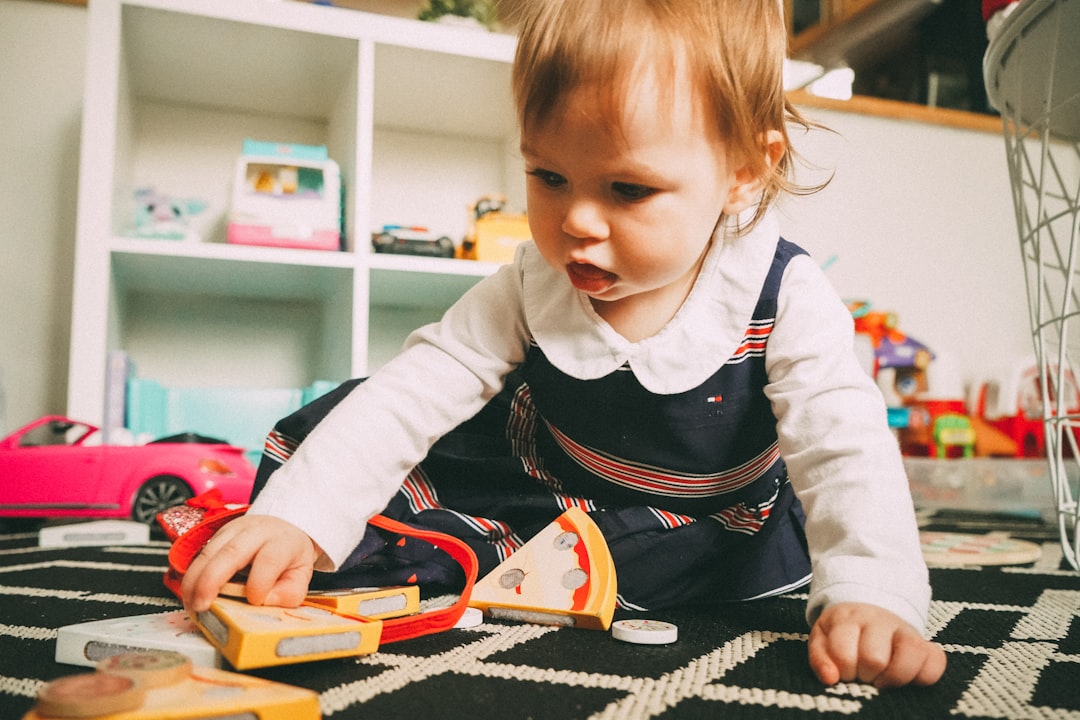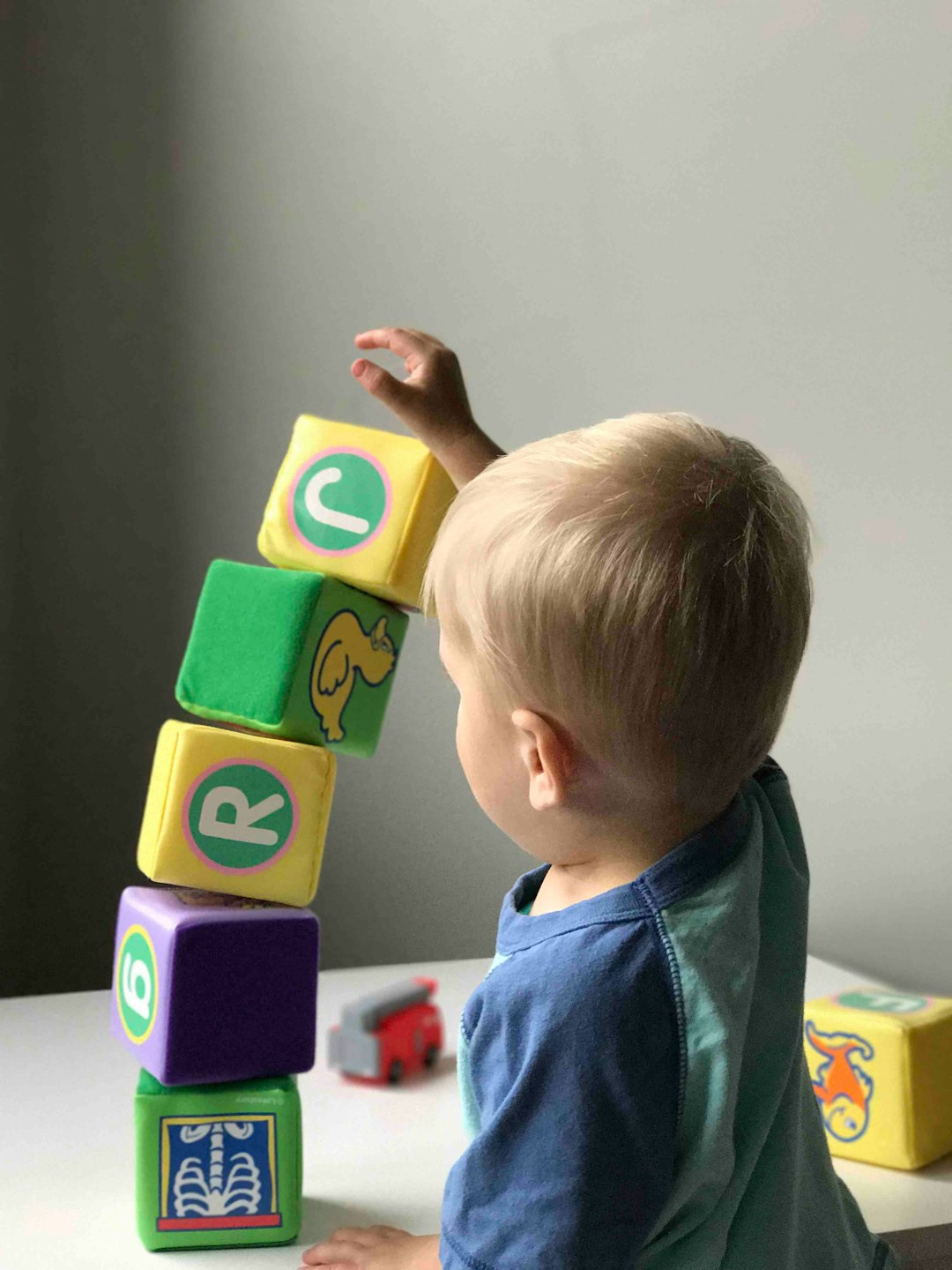In Rhode Island, Child Protective Services (CPS) prioritize family preservation and collaborate with parents to safeguard children from abuse, neglect, and exploitation through a multi-disciplinary network. Recognizing daycare abuse is critical, with state regulations covering safety, health, and child development. Individuals facing accusations can turn to specialized daycare abuse law firms in Rhode Island for legal assistance that navigates complex systems, protects rights, and advocates for fair outcomes.
In Rhode Island, Child Protective Services (CPS) play a crucial role in safeguarding vulnerable children. This article guides parents and caregivers through the intricacies of CPS, focusing on recognizing daycare abuse and neglect. We explore legal protections offered by a dedicated daycare abuse law firm in Rhode Island, empowering you to take action. Understanding your rights and the system is essential to ensuring every child’s well-being. Learn how to navigate this critical process and foster a safe environment for the little ones in your care.
Child Protective Services: Rhode Island Overview

In Rhode Island, Child Protective Services (CPS) play a pivotal role in safeguarding the well-being and rights of children within its jurisdiction. The state’s CPS system is designed to protect minors from various forms of abuse, neglect, and exploitation, ensuring their safety and promoting healthy development. With a strong emphasis on family preservation and support, Rhode Island’s CPS works collaboratively with families to resolve issues that may put children at risk.
This initiative involves a comprehensive network of professionals, including social workers, case managers, and specialized law enforcement agencies. When suspected cases of daycare abuse or neglect come to light, the state’s law firm specializing in these matters steps in. They guide families through legal processes, ensuring their rights are protected while working towards the best interests of the child. Rhode Island’s dedicated CPS team remains vigilant, continually updating policies and procedures to address emerging trends in childhood protection, thereby fostering a secure environment for all children within its borders.
Recognizing Daycare Abuse & Neglect

Recognizing daycare abuse and neglect is a crucial step in protecting children’s well-being. As a concerned parent or caregiver, it’s important to be vigilant and aware of potential red flags. Daycare centers in Rhode Island are held to strict standards by law, including those related to safety, health, and child development. Any form of physical abuse, emotional maltreatment, neglect, or exploitation should immediately raise alarms. Pay attention to unusual behaviors, such as a sudden change in the child’s appetite, sleep patterns, or disposition, which could indicate underlying issues at the daycare.
If you suspect any form of daycare abuse or neglect, it’s essential to contact a reputable daycare abuse law firm in Rhode Island for guidance and support. These legal professionals are well-versed in the state’s regulations and can help you navigate the necessary steps to ensure your child’s safety. Don’t hesitate to act promptly, as early intervention is vital in mitigating potential long-term effects on a child’s development and overall well-being.
Legal Assistance from a Daycare Abuse Law Firm

In cases of suspected daycare abuse or neglect in Rhode Island, individuals facing such accusations can benefit from legal assistance provided by a dedicated daycare abuse law firm. These firms specialize in navigating complex legal systems and ensuring the rights of both parents and children are protected. With expertise in Rhode Island’s specific laws and regulations regarding child protective services (CPS), these lawyers offer crucial support during investigations, court proceedings, and any necessary appeals.
A daycare abuse law firm can provide vital guidance on managing CPS cases, explaining legal options, and advocating for fair outcomes. Their knowledge of the local justice system enables them to effectively communicate with authorities, gather evidence, and represent clients’ interests, ultimately helping to protect children and resolve these sensitive matters justly.




